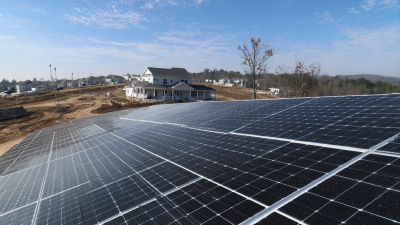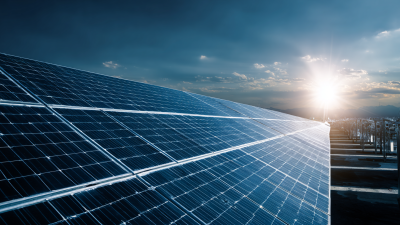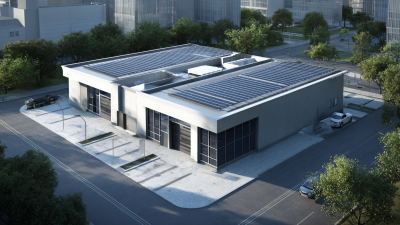ALL PRODUCTS
- Solar Panel
- Hybrid Inverter
- Lithium Battery
GSB SOLAR LITHIUM BATTERIES
- Gel Battery
- Solar Street Lights
- Pump Inverter
In recent years, the shift towards renewable energy has gained unprecedented momentum, with solar energy leading the charge. Central to the efficiency and effectiveness of solar power systems is the solar inverter, a vital component that converts direct current (DC) generated by solar panels into usable alternating current (AC). According to a report by the International Renewable Energy Agency (IRENA), proper integration of advanced solar inverters can enhance energy conversion efficiency by up to 30%, significantly improving the overall performance of solar energy systems. As more homeowners and businesses look to solar solutions, understanding the key benefits of solar inverters is essential. These devices not only optimize energy output but also play a crucial role in energy management, reliability, and system longevity, ultimately shaping the future of renewable energy adoption globally. This article explores seven key benefits of solar inverters and their transformative impact on renewable energy efficiency.
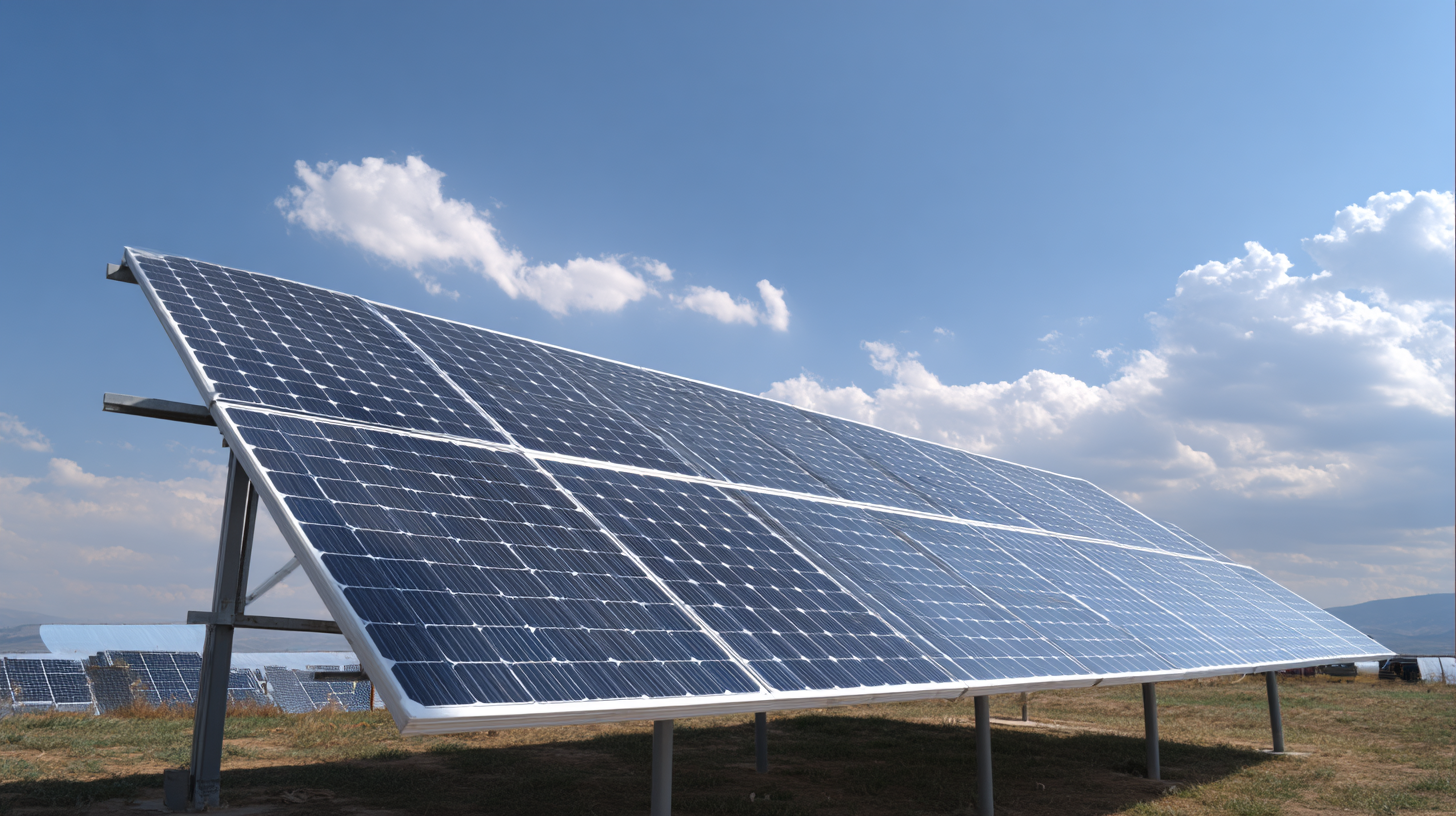
Advanced solar inverters play a crucial role in enhancing energy conversion rates, significantly improving the efficiency of renewable energy systems. These inverters are designed to maximize the power extracted from photovoltaic (PV) panels through techniques such as Maximum Power Point Tracking (MPPT). By continuously adjusting to changing environmental conditions, advanced solar inverters can boost energy conversion rates by up to 30%, thereby optimizing the overall performance of solar energy systems.
**Tips:** When selecting a solar inverter, consider its compatibility with your existing solar technology. Opt for inverters that employ the latest MPPT algorithms, as they are better equipped to handle fluctuations in sunlight. Additionally, ensure to choose inverters from reputable manufacturers, which often provide better customer support and warranties.
With the projected growth of the global battery storage inverter market, integrating advanced inverters into solar systems is increasingly beneficial. As battery storage technology advances, pairing high-efficiency inverters with energy storage solutions will enable users to harness solar energy more effectively, thus contributing to a more sustainable energy future.
**Tips:** Regular maintenance of your solar inverter is essential for long-term efficiency. Keep an eye on performance metrics, and don’t hesitate to consult professionals for upgrades or repairs when necessary.
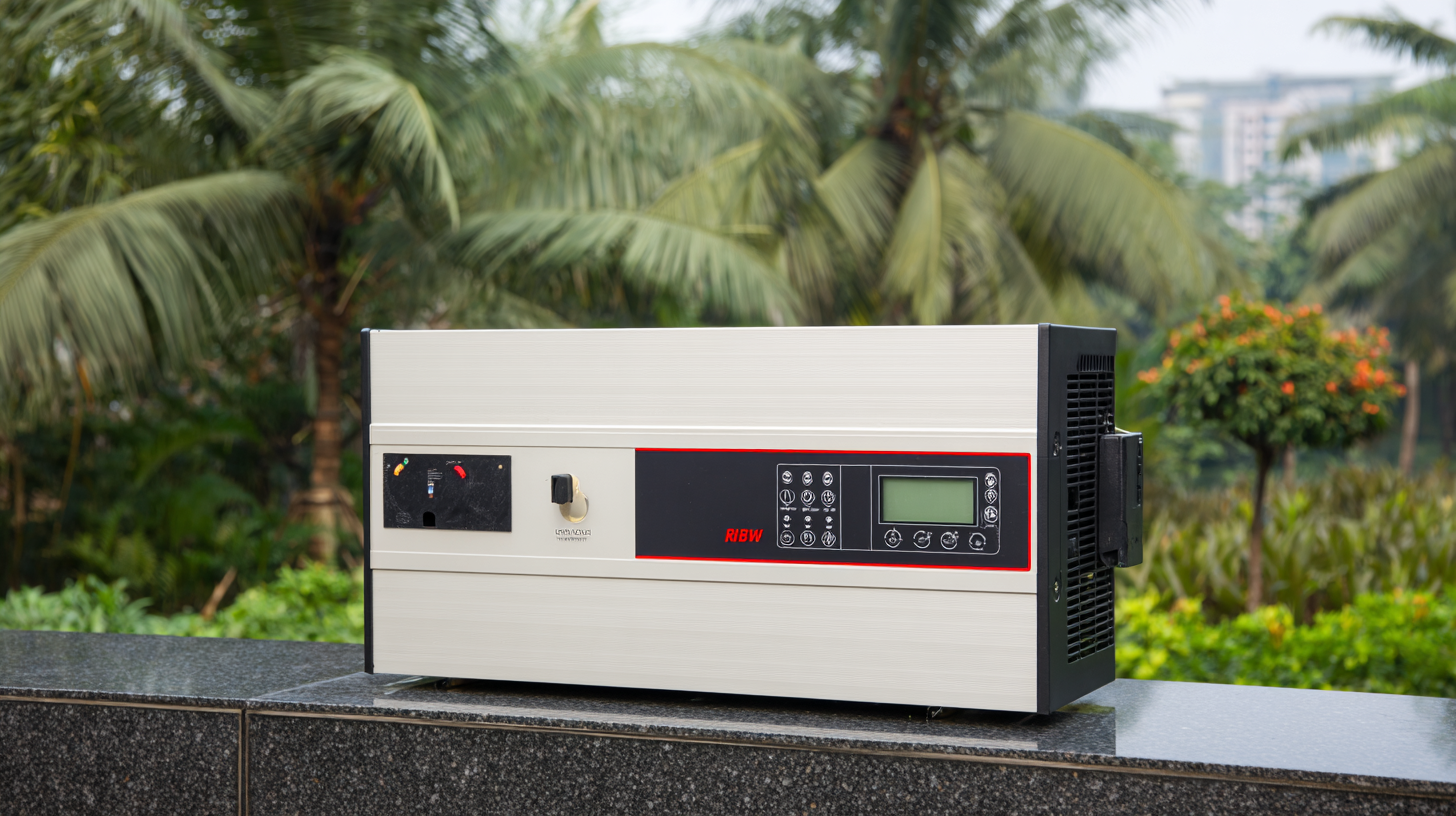
Solar inverters play a crucial role in maximizing the performance of renewable energy systems by significantly reducing energy loss. In solar power applications, the conversion of direct current (DC) generated by solar panels into alternating current (AC) is essential for compatibility with the electricity grid. However, this conversion process can lead to inefficiencies, particularly when solar panels face varying levels of sunlight due to shading or changing weather conditions.
High-quality solar inverters employ advanced technology to continually optimize their output, allowing them to adjust to these fluctuating conditions and effectively minimize energy wastage.
Beyond mere conversion, modern solar inverters are equipped with smart features that enhance overall system performance. For instance, they can monitor the energy output and integrate with energy management systems, enabling real-time adjustments that ensure maximum efficiency. By utilizing techniques such as maximum power point tracking (MPPT), these inverters efficiently capture the peak energy production of solar panels, further reducing energy loss.
This optimization not only boosts the overall efficiency of renewable energy systems by up to 30% but also contributes to a more sustainable energy future by making the most out of available solar resources.
In modern solar systems, inverters play a crucial role by integrating smart technology to enhance the overall efficiency of renewable energy systems. Traditional inverters have often struggled with energy management, but advancements in technology have led to the development of smart inverters that optimize energy conversion and distribution. These devices not only convert DC electricity generated by solar panels into AC for household use but also monitor performance in real time, ensuring that systems operate at peak efficiency.
Moreover, smart inverters provide advanced functionalities such as grid interactivity and remote monitoring capabilities. This allows homeowners and businesses to track energy usage and production seamlessly, making informed decisions about their energy consumption. By communicating with the grid, these inverters can help in the effective management of energy loads, contributing to stability in energy distribution. As a result, the integration of smart inverter technology in solar systems not only boosts efficiency by up to 30% but also promotes the sustainable and intelligent use of renewable energy resources.
Solar inverters play a crucial role in enhancing renewable energy systems, particularly in terms of facilitating grid connection and energy storage solutions. As the global demand for clean energy rises, integrating solar power into the grid has become increasingly important. According to a report by the International Energy Agency (IEA), renewable energy sources, including solar, are projected to contribute more than 30% of global electricity generation by 2030. This transition not only necessitates efficient inverter technology but also underscores their significance in bridging the gap between energy production and consumption.
One of the standout features of modern solar inverters is their ability to manage energy storage systems effectively. By optimizing the charging and discharging cycles of batteries, inverters can significantly enhance energy utilization efficiency, sometimes by as much as 30%, as indicated by a study from the U.S. Department of Energy. This improved management allows homeowners and businesses to store excess energy generated during peak sunlight hours, which can then be used during periods of high demand or low generation, ensuring a reliable energy supply while reducing reliance on traditional fossil fuels.
| Benefit | Description | Efficiency Increase (%) | Application |
|---|---|---|---|
| Improved Conversion Efficiency | Converts solar energy more effectively into usable electricity. | Up to 30% | Residential and Commercial Solar Systems |
| Enhanced Grid Compatibility | Facilitates seamless connection with the electrical grid. | N/A | Utility-Scale Solar Projects |
| Energy Storage Integration | Allows integration of battery systems for stored energy usage. | N/A | Home Energy Storage Solutions |
| Monitoring Capabilities | Provides real-time monitoring of energy production and consumption. | N/A | Smart Home Applications |
| Voltage Regulation | Maintains voltage levels to prevent damage to appliances. | N/A | Grid-Tied Systems |
| Scalability | Easily scale up systems as energy demands increase. | N/A | Modular Solar Installations |
| Reduced Maintenance Costs | Lower costs related to system upkeep over time. | N/A | Long-Term Solar Investments |
The adoption of efficient solar inverters plays a vital role in maximizing financial returns for renewable energy systems. According to market projections, the global microinverter sector is expected to rise from $4.12 billion in 2024 to an impressive $15.40 billion by 2032, reflecting a remarkable compound annual growth rate (CAGR) of 17.92%. This growth underscores the increasing recognition of how advanced inverter technology can enhance the overall efficiency of solar power systems by up to 30%.
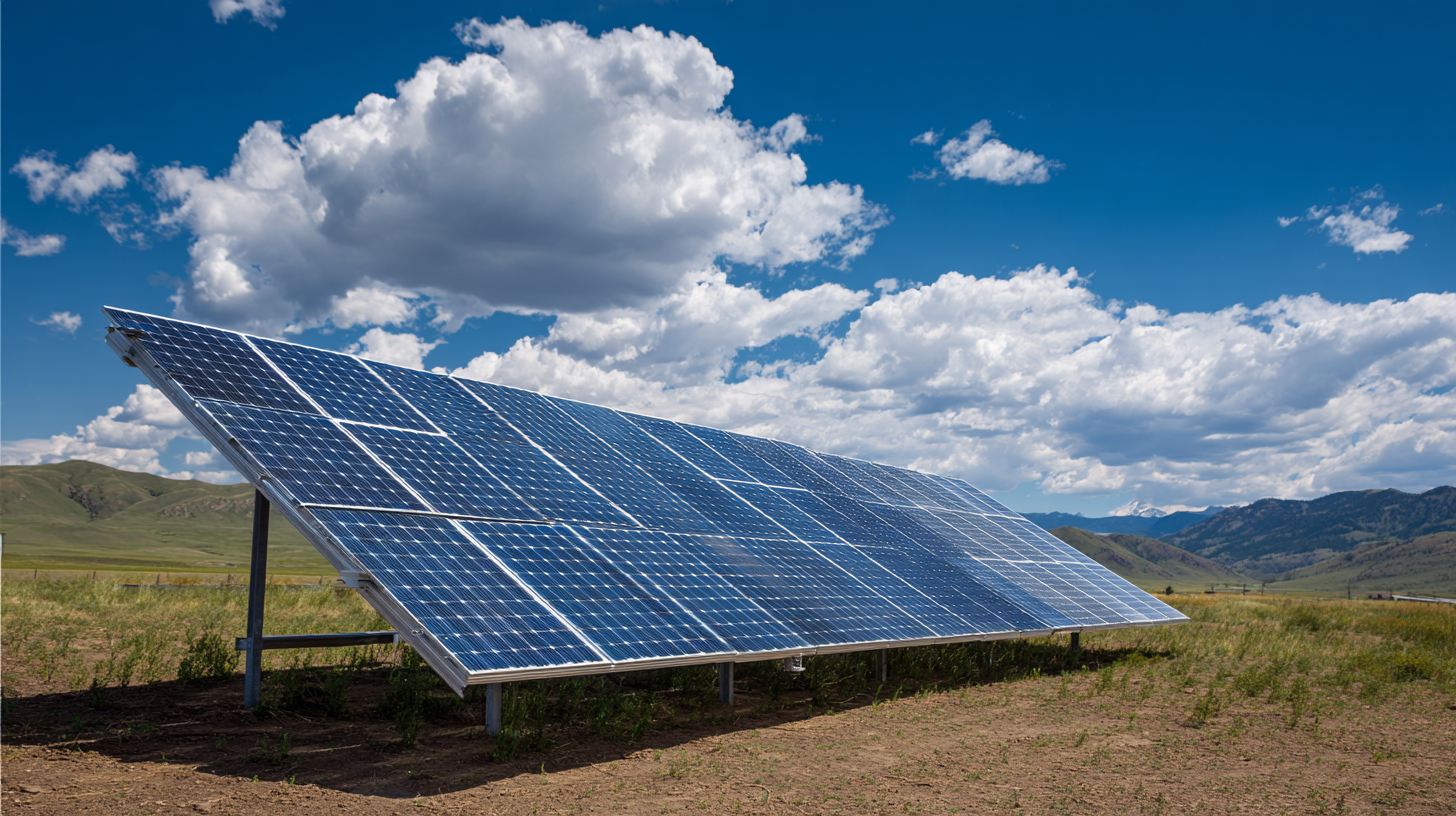
Efficient solar inverters facilitate better energy capture and conversion, ultimately leading to higher electricity output and reduced electricity costs for consumers. This economic advantage becomes even more pronounced as the integration of renewable energy sources gains traction in various sectors, including the construction industry. Research demonstrates that innovative energy storage systems, when paired with modern inverter solutions, not only tackle reliance on traditional energy grids but also provide a clear pathway toward achieving sustainable development goals.
With the solar industry positioned as a key driver of growth, the financial implications of optimizing inverter technologies can be substantial, fostering a more sustainable future while maximizing investment returns.

